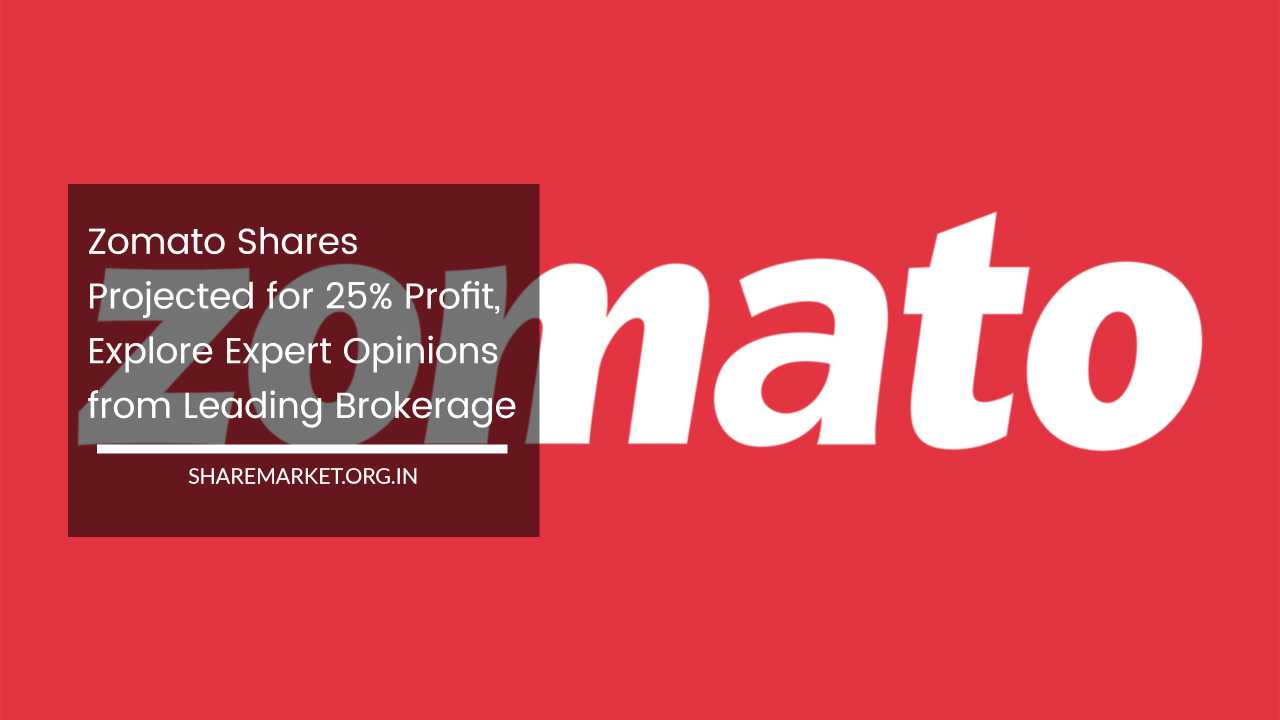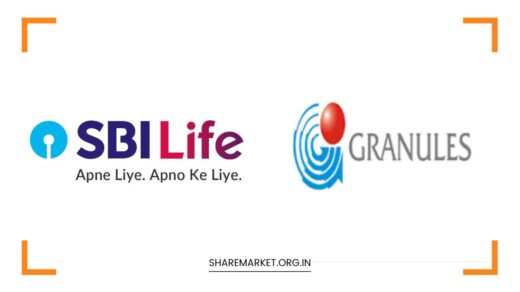Zomato Shares Projected for 25% Profit, Explore Expert Opinions from Leading Brokerage

Zomato Shares
Navigating the Zomato Stock Landscape: Brokerage Optimism, Alipay’s Exit, and GST Impact Analysis
In the dynamic world of stock markets, Zomato, the prominent player in the food delivery sector, has recently garnered significant attention from brokerage firms, sparking optimism among investors.
One of the key players in this narrative is the global brokerage giant, Citi, which has not only expressed confidence in Zomato but has also set a bullish tone by assigning a Buy rating and establishing a target price of Rs 145.
This projection implies a potential 25% increase compared to the previous closing price, signaling a promising trajectory for the company.
As of November 30, Zomato’s stock has already shown signs of this positive momentum, recording a commendable 2.06% increase in its value.
The current trading price stands at Rs 119.10, contributing to a noteworthy uptick in the market capitalization of the company, now valued at Rs 1,03,747.01 crore.
This upward movement is indicative of growing investor confidence and a favorable outlook for the food delivery giant.
A significant development in the recent Zomato narrative is the exit of Alipay Singapore Holding, the arm of Chinese e-commerce behemoth Alibaba, from its Zomato investment. Alipay Singapore Holding opted for a strategic divestment, selling its entire 3.44% stake in Zomato for a substantial Rs 3,337 crore through an open market transaction.
This transaction involved the sale of over 29.60 crore shares of Zomato on the Bombay Stock Exchange (BSE) in 31 tranches, with an average selling price of Rs 112.7.
This move by Alipay Singapore Holding raises questions about the rationale behind their decision and its potential implications for Zomato’s future.
On the other side of the spectrum, there’s a new entrant into the list of Zomato stakeholders. Morgan Stanley Asia (Singapore) Pte has entered the scene by acquiring a 0.51% stake in Zomato, equivalent to 4,39,73,993 equity shares.
The acquisition was made at an average price of Rs 112.70, signaling confidence from another heavyweight in the financial domain.
This influx of new investment by Morgan Stanley Asia (Singapore) Pte adds an interesting dimension to the evolving Zomato investment landscape.
However, amidst the positive developments, Zomato’s stock has witnessed a decline of more than 7% since the conclusion of the World Cup, prompting analysts to delve deeper into the factors contributing to this downturn.
According to insights from Citi, one of the potential catalysts for this dip could be traced back to media reports discussing a new Goods and Services Tax (GST) penalty on customer delivery charges.
The reports suggest the imposition of a new GST charge of Rs 5 per order specifically on non-Zomato Gold orders.
This revelation has raised concerns among investors, and the market has reacted with caution to this anticipated additional financial burden on consumers.
Analyzing the potential impact of the new GST penalty, market experts believe that it could have contributed to the recent negative sentiment surrounding Zomato’s stock.
The additional charge on customer delivery charges might lead to a reevaluation of consumer spending habits and could potentially impact Zomato’s revenue streams. However, it’s essential to note that the market is dynamic, and investor sentiment can shift rapidly based on various factors.
In response to the potential challenges posed by the new GST penalty, Citi offers a nuanced perspective. The report from Citi suggests that while the imposition of the GST on non-Zomato Gold orders could initially create headwinds for the company, it may also pave the way for increased adoption of the Gold Program loyalty.
The strategic implementation of loyalty programs has been a trend in the e-commerce and food delivery sectors, and Zomato’s Gold Program has been a notable player in this space.
The Gold Program, which offers exclusive discounts and benefits to subscribers, could become an even more attractive proposition for customers looking to offset the additional GST charges.
This shift in consumer behavior could potentially mitigate the impact of the new GST penalty on Zomato’s revenue, presenting an interesting dynamic for investors to monitor.
Moreover, the recent movement in Zomato’s stock is not solely attributed to the GST-related developments. The entry of Morgan Stanley Asia (Singapore) Pte as a new stakeholder and the exit of Alipay Singapore Holding are contributing factors that have added complexity to the overall narrative.
Understanding the motivations behind these strategic moves and how they align with the broader market trends will be crucial for investors seeking a comprehensive view of Zomato’s current position and future prospects.
In conclusion, the Zomato stock story is unfolding with a blend of optimism, strategic shifts among major stakeholders, and challenges posed by regulatory changes.
The positive outlook from Citi and the strategic moves by major players in the financial landscape underscore the evolving dynamics of the food delivery sector.
As investors navigate this landscape, staying informed about the interplay of market forces, regulatory changes, and company-specific strategies will be paramount.
The coming weeks and months will likely bring more clarity on how Zomato and its investors adapt to the ever-changing dynamics of the stock market.

















